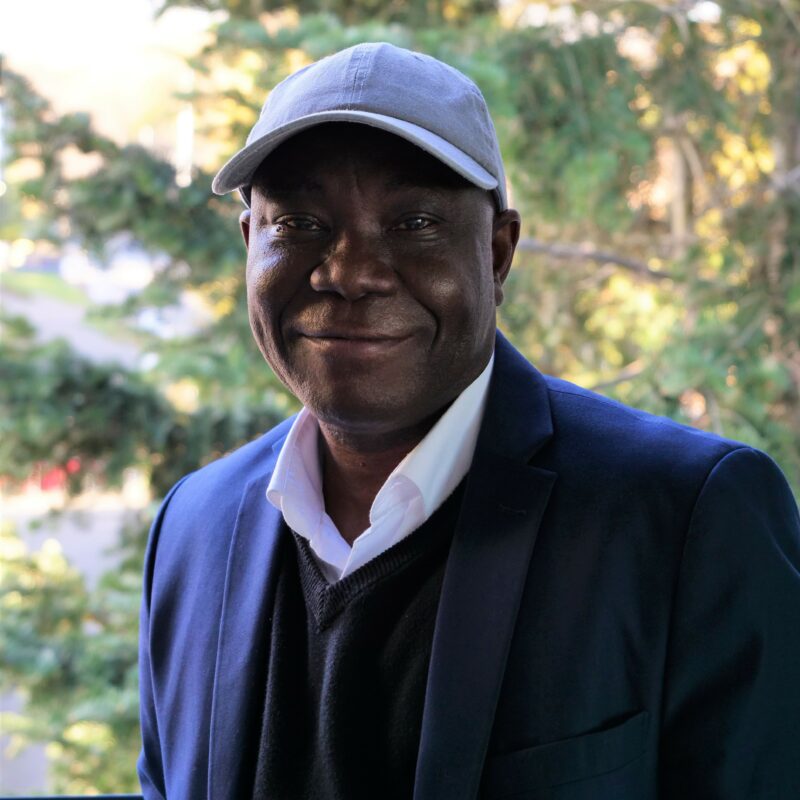Can information technology and social media enhance the voice of African women for political participation? Are there lessons to learn from Germany and Norway?
Studies (e.g., Loiseau and Nowacka 2015) have established that social media has proved to be a powerful communication platform for bringing women’s rights issue to the attention of the wider public and encouraging policy makers to step up commitments to gender equality. Women rights groups, especially in developed countries have utilized the social media to advance the women’s course – especially mobilising attention and accountability to women’s rights, and challenging discrimination and stereotypes that hinder women’s participation in politics and representation in parliaments (Loader and Mercia, 2011).
This study will investigate online activities of women political advocacy groups in Nigeria and Ghana and compare them to those of their female counterparts in Europe – especially how technological factors such as access to information technology has contributed to empowerment efforts. Are there lessons for women’s political rights groups in Africa from the gains of their European counterparts in Germany and Norway towards achieving the participation of more women in politics and governance, especially with the use of information technology? The study will further probe the nature of historical, cultural and political factors in Nigeria and Ghana that have hindered women participation in political leadership, as well as investigate other cultural or constitutional factors that has aided women’s political progress in Europe, especially in Germany and Norway where women were heads of government.
Main Results
Digitisation enhances the voice of African women for political participation. For example, the overall growth of women’s participation in government in sub-Sahara Africa rose fairly from 9.8% in 1995 to 24.7% in 2020. In West Africa the proportion of women in politics also rose from about 7% in 2000 to around 16% in 2020. This modest increase is attributable to many other factors, but the fact remains that the wide-spread political campaigns enabled by digitisation from the 2000s could have yielded some fruits. Moreover, this study reveals that the African women’s groups are indeed more active on social media than their European counterparts. The European women’s success in politics is attributable to socio-cultural and political factors rather than their access to information technology. If there were lessons to learn – they would have come from political development factors, rather than their use of media technology.
- Chiluwa, I. (2024). Discourse, digitisation and women’s rights groups in Nigeria and Ghana: Online campaigns for political inclusion and against violence on women and girls. New Media & Society, 0(0). https://doi.org/10.1177/14614448231220919
Main Research Topics
- Digitization and social movement
- Women’s rights groups
- Social media and activism
- Political participation
- Women in government and advocacy
Curriculum Vitae
- Head of Department of Languages & General Studies (2020-2021)
- Alexander von Humboldt Foundation’s special award/renewed stay in Freiburg (2019-2020)
- Dean, College of Leadership and Development Studies (2018-2019)
- Visiting (AvH) Scholar at the University Freiburg (2014)
- Head of Department of English, Covenant University (2012-2014)
- Georg Forster/ Humboldt post-doctoral scholar, University of Freiburg (2009-2011)
Publications
Books (Selected)
Chiluwa, I. (ed). (2022) Discourse, Media and Conflict: Examining war and resolution in the news. Cambridge: Cambridge University Press.
Chiluwa, I. (ed). (2021) Discourse and Conflict: Analysing text and talk of conflict, hate and peace-building. London: Palgrave Macmillan.
Chiluwa, I. & Samoilenko, S. (e.d.) (2019) Deception, Fake News and Misinformation Online. Hershey PA: IGI Global.
Chiluwa, I. & Bouvier G. (2019) Twitter: Global Perspectives, Uses and Research Techniques. (eds.) New York: Nova Science Publishers.
Chiluwa, I. & Bouvier G. (2019) Activism, campaigning and political discourse on Twitter: New York: Nova Science Publishers.
Journal Articles (Selected)
Chiluwa, I. & Chiluwa, I. M. (2022) ‘Deadlier than Boko Haram’: Representations of the herder-farmer conflict in the local and foreign press Media, War & Conflict 15(1), 3-24 (SAGE). (First published online in 2020)
Chiluwa, I. (2022) Women’s online advocacy campaigns for political participation in Nigeria and Ghana. Critical Discourse Studies, 19(5), 465-484. (Taylor & Francis). DOI: 10.1080/17405904.2021.1999287
Chiluwa, I. (2021) Resisting corruption in the Nigerian legislature: A critical discourse analysis of news and opinion articles on legislators’ salaries. Discourse & Communication 15(5), 519-541 (SAGE).
Chiluwa, I., Taiwo, R. & Ajiboye, E. (2020) Hate speech and political media discourse in Nigeria: The case of the Indigenous People of Biafra. International Journal of Media & Cultural Politics 16(2), 191-212.
